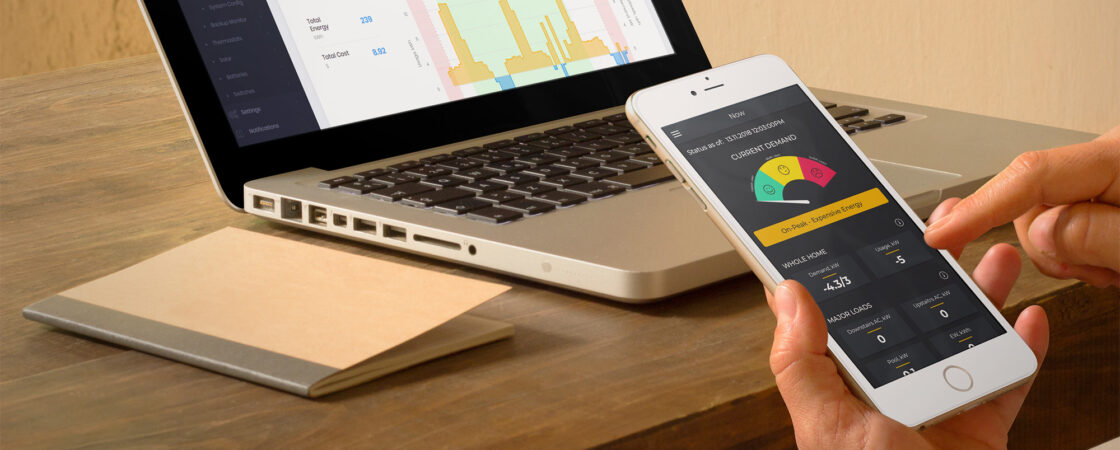Energy management and load controllers to reduce electric bills are sought after by a lot of business owners and homeowners. The three main components of an efficient energy management system are communication networks, measuring devices and software applications. To understand the benefit of an energy management and monitoring system, it is crucial to know that the management of energy is based on five main aspects – where, how much, when, how and what.
First, how much power is consumed is very important to compare to identify any present billing errors. By being able to obtain energy and power charts, users can see whether the costs of energy in bills are accurate or not. Also, users will be able to detect if the contracted energy of their installations is defined correctly. If the contracted energy is higher than the maximum energy consumption, users can change the contract with the utility. This will directly reduce the value of the bill at the end of the month.
Simulation of the energy bill
When energy is consumed, it is important since there are off-peak hours and peak hours. Identifying the billing errors aside can be beneficial as typical consumption can be identified. When these consumptions are detected, wasted power can be easily managed and reduced by managing loads. This means that atypical consumptions can be easily detected by knowing when the power is consumed.
In short, there are consumptions in the installation that shouldn’t exist in the hours during which they happen. This is mainly because we don’t have control over all loads of the installation.
Where electricity consumed is a huge part of the system as it allows users to see how much electricity is being used for lighting, air conditioning, computer services and so on. With the right energy management system, information on the consumption of energy can be compared by zone, installation or uses.
This goes along with the idea of allocating energy costs in monetary value to forecast costs. Potential energy savings can be detected. This type of energy management is very important when it comes to establishing the objectives for the implementation of management systems, as lines or areas with the largest consumptions will be those in which power improvement tasks will be focused.
How do you pay for energy?
With the current tariffs, the management system allows you to manage your working hours to achieve optimum savings. E.g., allocating more power consumption to be used at off-peak hours would allow businesses to use the same amount of power at a cheaper cost. Also, the information provided by the system enables users to manage the power factor through special capacitor banks to avoid penalties.
The system can also help calculate the energy demand required to avoid wasting money and overestimating through fixed costs.
The network quality
As harmonics disrupt electrical systems, with load controllers to reduce electric bill and energy management systems, maintenance is largely prevented. A good example of a challenge caused by harmonics is the loss of performance. Due to distortions, the performance of motors is degrading and interferences occur in control systems and communications.




